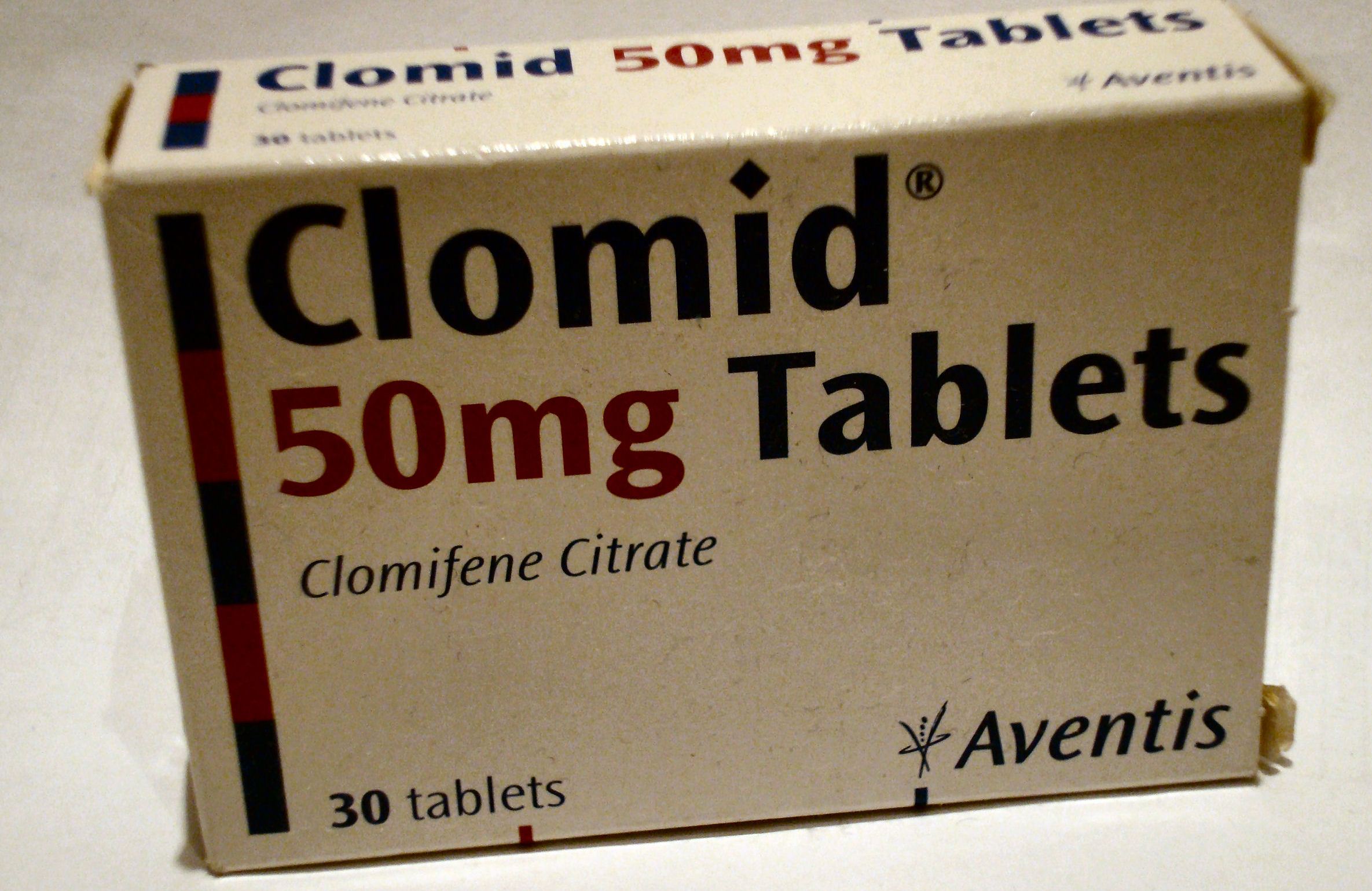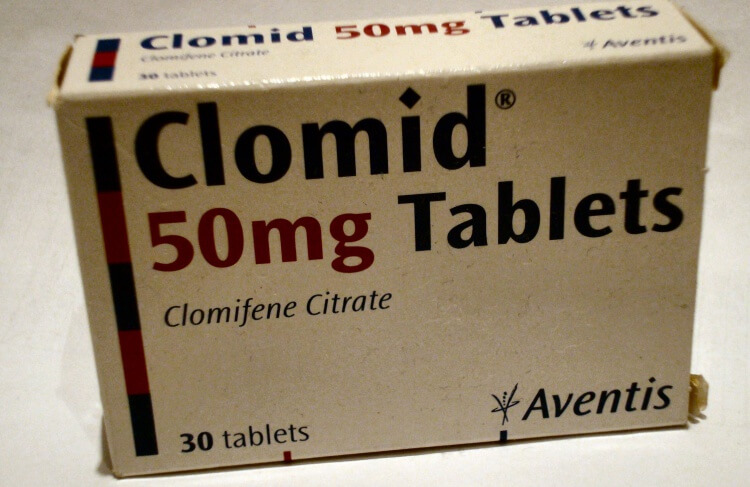
Q: “My T levels are low-normal and for me there’s a drastic life quality difference when I use even small amounts of testosterone. Instead of injecting testosterone every week for the rest of my life, could I use Clomid or Nolvadex instead? When I’ve used Clomid post-cycle I had great results and felt much better. But I’ve never heard of permanent use.”
A: This could be done, but I wouldn’t recommend it.
There’s one small study where men with low fertility took Clomid at 100 mg/day for a year, and they had good results and no problems. So it’s not that there’s no medical evidence at all for somewhat long term Clomid use, but it’s very limited.
There have been many women who have taken Nolvadex continuously for years, and there was a period where doctors were prescribing it as a prophylactic for women who were at inherited risk for breast cancer.
However, more caution is being applied to that use now, because Nolvadex is very slightly carcinogenic itself, as is Clomid. And so it becomes a benefit to risk question.
For standard PCT use, the exposure is fairly limited, only a relatively few weeks per year. There’s probably more risk of dying from a coconut hitting you in the head than from using Clomid or Nolvadex for PCT. And the benefit, proper HPTA recovery, is very considerable. So I strongly feel that the risk-benefit equation works out for this use.
However, using either of these drugs 52 weeks per year for decades on end would cause far more exposure, and there would be absolutely no benefit that can’t instead be achieved with ongoing HCG use and control of estradiol level with an antiaromatase, or often even only with an antiaromatase. I wouldn’t use a SERM chronically.

About the author
Bill Roberts is an internationally-recognized expert on anabolic steroids and performance-enhancing drugs (PEDs). He received a bachelor degree in Microbiology and Cell Science and completed the educational and research requirements for a PhD in Medicinal Chemistry at a major American university.
Bill entered the nutritional supplement industry prior to completing his doctoral thesis but his education was invaluable so far as being able to design/improve nutritional supplement compounds, since it was in the field of designing drug molecules and secondarily some work in transdermal delivery.
His education was not specifically "geared" toward anabolic steroids other than expertise with pharmacological principles having broad applications. This has allowed Bill to provide unique insight into the field of anabolic pharmacology with knowledge of points which he would not have known otherwise.
Leave a Reply
You must be logged in to post a comment.